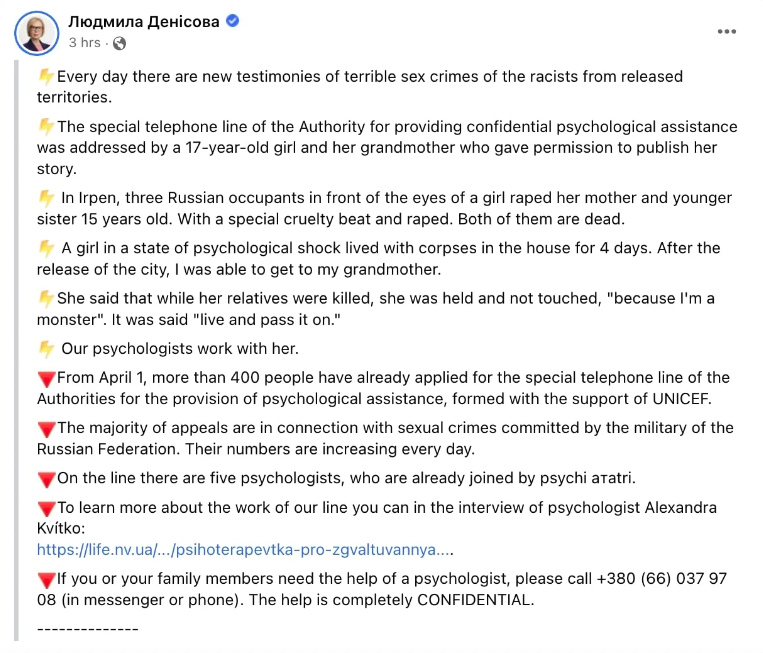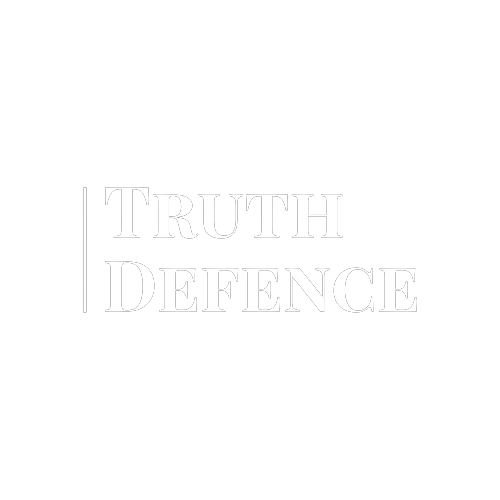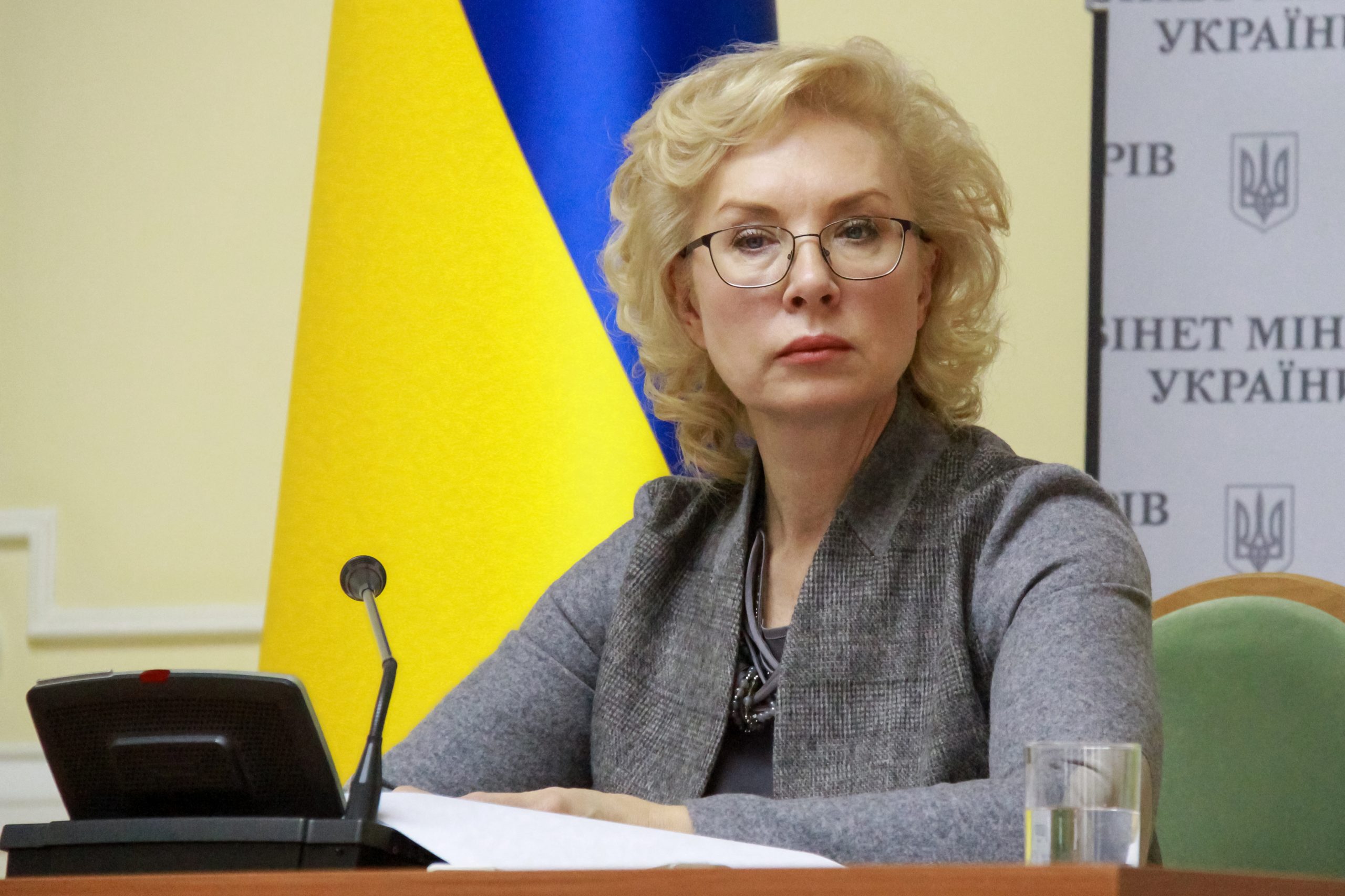After Russian troops withdrew from the towns and suburbs around Kyiv, women and witnesses began to come forward with stories of rape being carried out by Russian troops systematically, in public and in front of family members. Forensic doctors who carried out post-mortem examinations of the bodies found in mass graves in Bucha, Irpin and Borodianka said they found evidence that some of the women were raped before they were killed and when the Mukwege Foundation, a human rights organisation working to end wartime sexual violence, travelled to Ukraine in April alongside the Global Survivors Fund, they found evidence that “sexual violence is being used as a strategy by Russian troops.” They spoke to survivors, met with national, regional and local authorities as well as professionals from the health, social-services and justice sectors. They concluded that sexual violence is being perpetrated by Russian troops on a large scale” and was likely just the “tip of the iceberg.” It is an unquestionable truth that rape is being used as a weapon of war by Russian troops in Ukraine, but the revelations that Ukrainian official falsified rape stories to convince the West to send weapons to Ukraine, have opened the door to denial.
On 25 May, a letter of appeal was sent to Lyudmila Denisova, who was at the time the Ukrainian ombudsman for human rights, to request that reports of sexual violence, particularly involving children should be “published with caution”. The letter, which gained 140 signatories from Ukrainian media outlets and NGOs, stated that:
Sexual crimes during the war are a tragedy of families, a difficult and traumatic topic, not a topic for publications in thespirit of the “scandalous chronicle”. We need to remember the goal: to draw attention to the facts of crimes… As anofficial of the ombudsman, it is crucial to take care of the rights and dignity of the survivor and his/her relatives.Therefore, adhere to ethical standards in the presentation of information.

Social media posts shared by Lyudmila Denisova included harrowing details of sexual violence against children. Source: Lyudmila Denisova, Facebook
The letter also criticised Denisova for including unverified information as though facts and asked her to “disclose only information for which there is sufficient evidence.” Lawmaker Pavlo Frolov has accused Denisova of pushing misinformation of “numerous details of ‘unnatural sexual offences’ and child sexual abuses in the occupied territories, which were unsupported by evidence”, which he says has “only harmed Ukraine” and distracted media attention away from other provable war crimes. Days after she was removed from her position Denisova admitted to “exaggerating” claims in an interview with LB News. “I tried to achieve the goal of convincing the world to provide weapons and pressure… There is a party, Five Stars, which was against the provision of weapons to us, but after my speech, one of the party leaders expressed support for Ukraine, said that they will support, including the provision weapons,” Denisova said.
She is quoted as a source in hundreds of news reports and her name appears side by side with genuine first hand accounts of victims. Some of the claims made by Denisova include that 25 women and girls were raped in a basement in Bucha and that 9 of them subsequently became pregnant, or that a mother was tied to chair and made to watch as her 11 year old son was raped by a Russian soldier. These claims may be wholly true, partially true or entirely false.
Reporting on sexual violence poses specific challenges; publications need to be able to rely on the words of official sources due to the difficulty of verifying individual claims, as highlighted in the Ukranian media’s appeal, which stated “The media respects official sources of information, such as you as an official and your office… information on the sexual crimes of the invaders is usually not verifiable in other sources. It is very important that it is really confirmed.”
Her words have already been used to cast doubt on the authenticity of real victim’s testimonies and have undermined the fact that rape at the hands of Russian troops is a systemic problem. The story has been covered by Sputnik and Russia Today, as well as by right wing outlets who have wrongly asserted that the allegations of systemic sexual violence have relied chiefly on her testimony. An article by a publication called ZeroHedge, which was shared by influential YouTuber and political commentator Jimmy Dore and used in his video as a main source, falsely asserted that awareness about Denisova’s falsification of stories came to light when “a bunch of eager NGOs in Ukraine, hoping for fresh ‘western’ money for new ‘rape consultation and recovery’ projects, tried to find real rape cases. They were disappointed when they found that there was no evidence that any rape had taken place.” There is absolutely no evidence that the NGOs visiting Ukraine to investigate sexual war crimes have done so for financial gain and the claim that no rape had taken place is entirely false.
The revelations about Denisova’s falsified stories underpins the reason why the verification of claims made by Ukrainian officials is needed prior to publication. The most effective propaganda frequently contains seeds of truth, but just as the falsified stories pushed by Denisova relied upon the genuine testimonies of Ukrainian women, they also provide the seeds of truth upon which the Kremlin and pro-Kremlin publications have been able to base their propaganda; ultimately undermining and failing the real victims of sexual war crimes in Ukraine. The images and testimonies that have come from Bucha were harrowing enough and falsified stories such as those shared by Denisova only bolster the Kremlin narrative that Bucha was a staged event, manufactured for the Western media.

